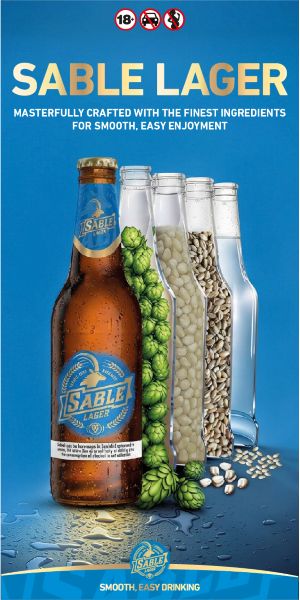GAMBLING problems often reach far beyond the individual, affecting loved ones in ways that can feel overwhelming.
Picture someone juggling bills while managing the emotional weight of a partner’s gambling. These scenarios are not rare, as a study published in Addictive Behaviours in December illustrates, emphasising how coping styles and social support can make a profound difference for “affected others” (AOs).
This study explores the stress-strain-coping-support model, a framework designed to explain the complex relationship between stress, coping behaviours and the availability of support systems.
Imagine a family member trying to confront the issue head-on, only to find the strain mounting with each argument.
According to the authors, strategies like these, called maladaptive coping styles, often amplify harm and distress. Conversely, withdrawal coping — where one focuses on personal activities — and strong social connections can provide a buffer against these challenges.
Based on data from 1,131 participants in Australia, the study highlights how different coping mechanisms influence outcomes. Consider these takeaways: Maladaptive coping increases harm: Behaviours such as monitoring or making excuses for the gambler were strongly linked to increased harm.
Social support reduces harm: A solid network of friends or family often helped AOs experience lower levels of distress. Closeness intensifies impact: Being emotionally or financially tied to the gambler increases psychological strain. Withdrawal coping chows mixed results: While usually beneficial, this method also comes with challenges, such as feelings of guilt.
The weight of maladaptive coping often stems from feelings of helplessness. Imagine someone trying to control a loved one’s gambling habits — it’s a bit like holding back a river with your hands. The authors explain that these behaviours, while driven by frustration or fear, tend to escalate conflicts rather than resolve them.
Alternatively, stepping back emotionally — as withdrawal coping suggests — might avoid immediate fights but could leave a lingering sense of isolation. The study paints a picture of AOs navigating a minefield, where each choice carries potential risks and rewards.
Picture a friend stepping in with a reassuring word or a relative offering to babysit so someone can catch a break. Social support, as highlighted in the study, serves as a lifeline. It’s not just about practical help; it’s about knowing someone is there. Yet, the stigma surrounding gambling often isolates AOs, leaving them hesitant to share their struggles.
The authors suggest that breaking this silence can pave the way for healing. The findings suggest a roadmap for reducing harm. Support programmes, like the Five-Step Method, equip AOs with tools to manage their emotions and rebuild connections.
Imagine a workshop where participants learn to replace frustration with calm conversations or identify trusted allies in their social circles. Public education campaigns could also shift societal attitudes, making it easier for AOs to seek help without judgment.
The study acknowledges gaps that future research could address. For instance, cultural norms may shape how coping strategies are viewed — what works in one community might fall flat in another. Long-term studies could also show how these coping mechanisms evolve.
Think of it as trying to map a forest trail; the more perspectives included, the more precise the path. This research offers hope to those navigating the fallout of gambling problems. Even the most strained relationships can find a way forward with the right tools and a supportive environment. — DM




